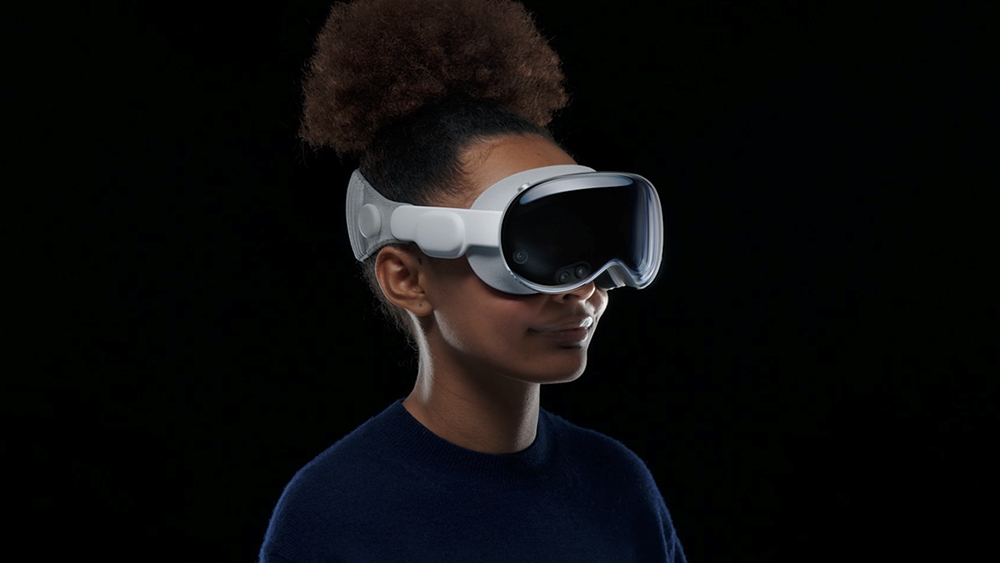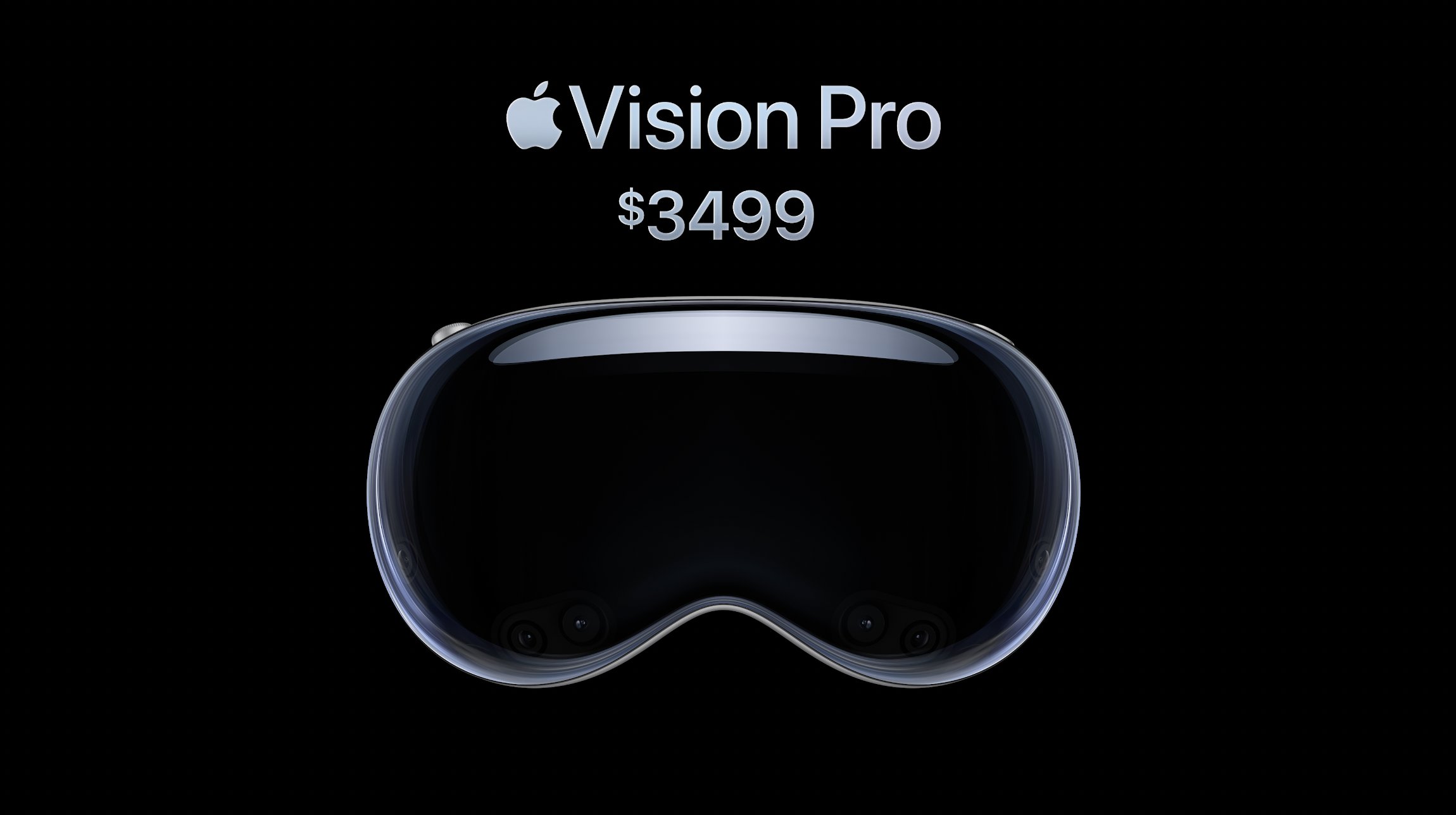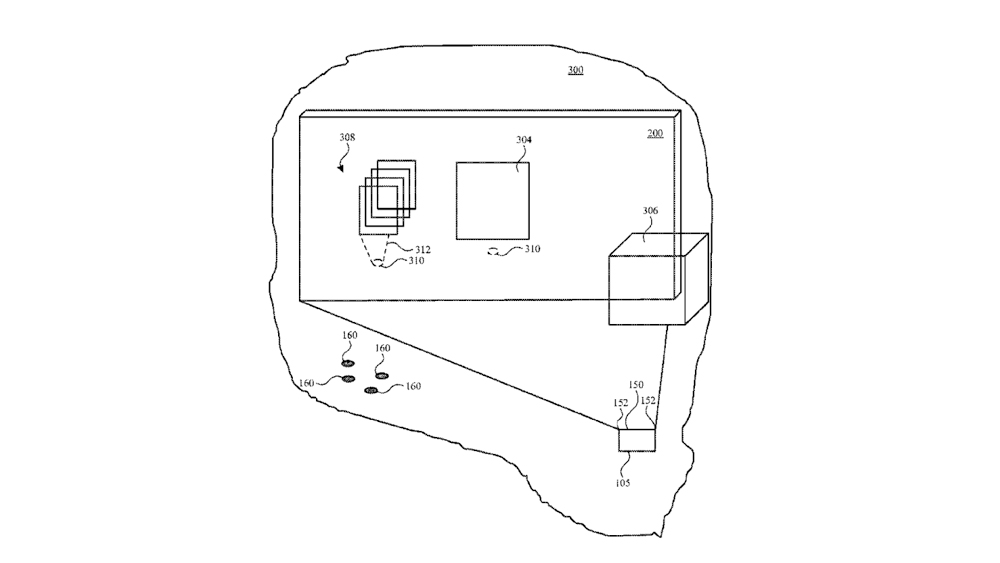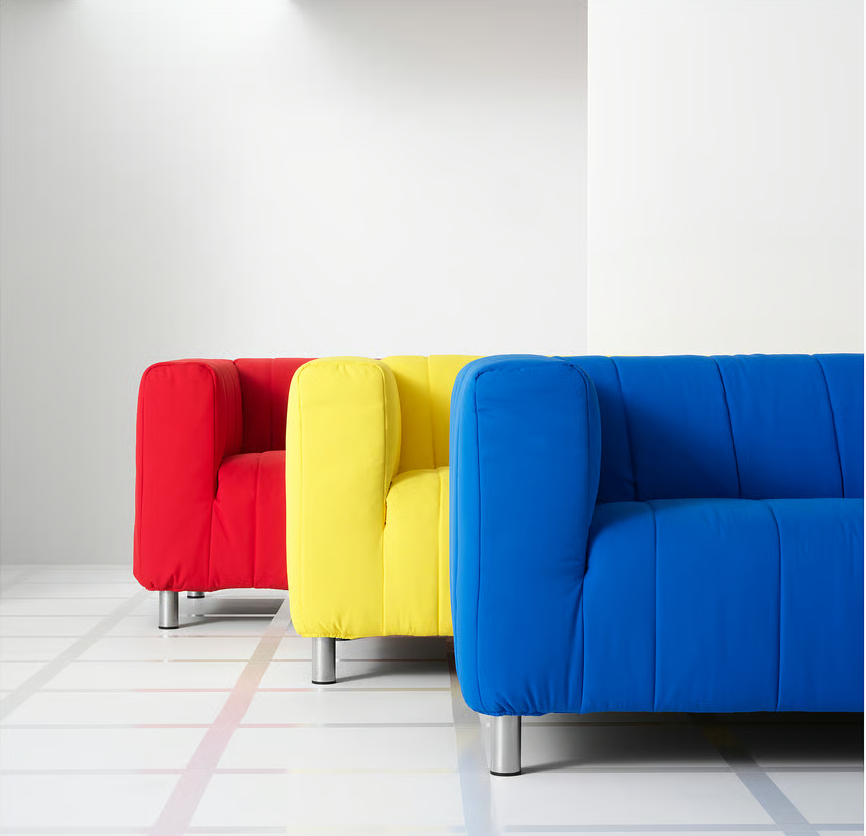
Sign up to Creative Bloq's daily newsletter, which brings you the latest news and inspiration from the worlds of art, design and technology.
You are now subscribed
Your newsletter sign-up was successful
Want to add more newsletters?

Five times a week
CreativeBloq
Sign up to Creative Bloq's daily newsletter, which brings you the latest news and inspiration from the worlds of art, design and technology.

Once a week
By Design
Sign up to Creative Bloq's daily newsletter, which brings you the latest news and inspiration from the worlds of art, design and technology.

Once a week
State of the Art
Sign up to Creative Bloq's daily newsletter, which brings you the latest news and inspiration from the worlds of art, design and technology.

Seasonal (around events)
Brand Impact Awards
Sign up to Creative Bloq's daily newsletter, which brings you the latest news and inspiration from the worlds of art, design and technology.
Apple has already raised eyebrows with the anticipated price tag of its 'extended reality' (XR) headset, the Vision Pro. Due to launch next year, the device is expected to cost $3,499. And, of course, there will be accessories on top of that.
We've already heard that the top strap may not come included with the headset. Now a new patent describes a much more intriguing accessory, but people can't agree on what it is or what it's for (see our pick of the best Apple deals for bargains on the company's current tech).

A new Apple patent filing with the US Patent and Trademark Office describes "a small portable physical object for use in an extended reality system". Later in the text, it refers to the device as a "digital stone" or a "go stone"
Patently Apple has suggested that it sounds a little like an AirTag, and there have been rumours that Apple is working on some form of second-gen AirTag that would integrate with Vision Pro. But Apple says the stone could allow virtual objects from the XR world to persist in the real world after you turn the Vision Pro off.
Sorry? Well, it's all very vague and there's little in the way of concrete examples in the patent documentation, but Apple says it could be possible to associate the stone with a virtual object in Vision Pro and for that association to continue after you power off the headset, allowing the user to carry content from the XR environment in the physical world and reaccess it later either using the same Vision Pro or another XR system.

So a kind of storage device for Apple's spatial computing concept? Apple provides examples in the form of digital photographs, the state of an active document or application or digital currency. So it sounds like the idea would be that you could save a virtual photo album, for example, to the stone and then pass it on to someone else, who could access it in their Vision Pro. But we wonder if a physical device would really be the most practical solution for that.
Apple also mentions a more sophisticated device with the potential to house cameras and sensors, including for touch, heart rate, temperature, Lidar, radar, sonar, GPS and more and could give haptic feedback. This sounds more like some form of controller that could be used to manipulate objects in the XR world like gloves used in some VR systems. This could make it something like the 3D equivalent of a mouse.
Sign up to Creative Bloq's daily newsletter, which brings you the latest news and inspiration from the worlds of art, design and technology.
We'll just have to wait to see if this does turn out to be an accessory to accompany the Vision Pro next year. It's also possible that this is for much further ahead or that Apple merely wants to protect the idea. There have been plenty of Apple Patents over the years that haven't seen the light of day. Often the wording is intentionally vague, although the recent patent for an Apple Watch that can match your outfit was surprisingly concrete in its descriptions.

Joe is a regular freelance journalist and editor at Creative Bloq. He writes news, features and buying guides and keeps track of the best equipment and software for creatives, from video editing programs to monitors and accessories. A veteran news writer and photographer, he now works as a project manager at the London and Buenos Aires-based design, production and branding agency Hermana Creatives. There he manages a team of designers, photographers and video editors who specialise in producing visual content and design assets for the hospitality sector. He also dances Argentine tango.
